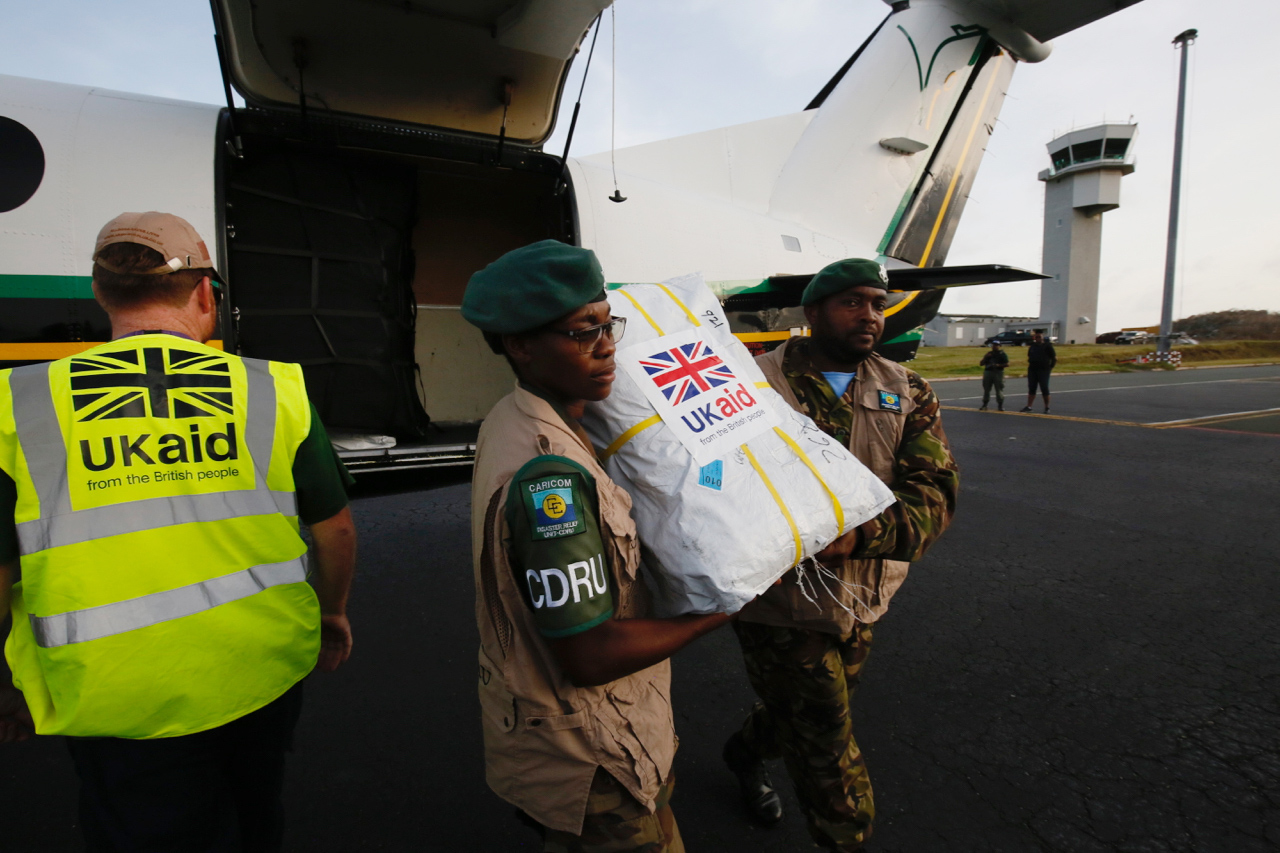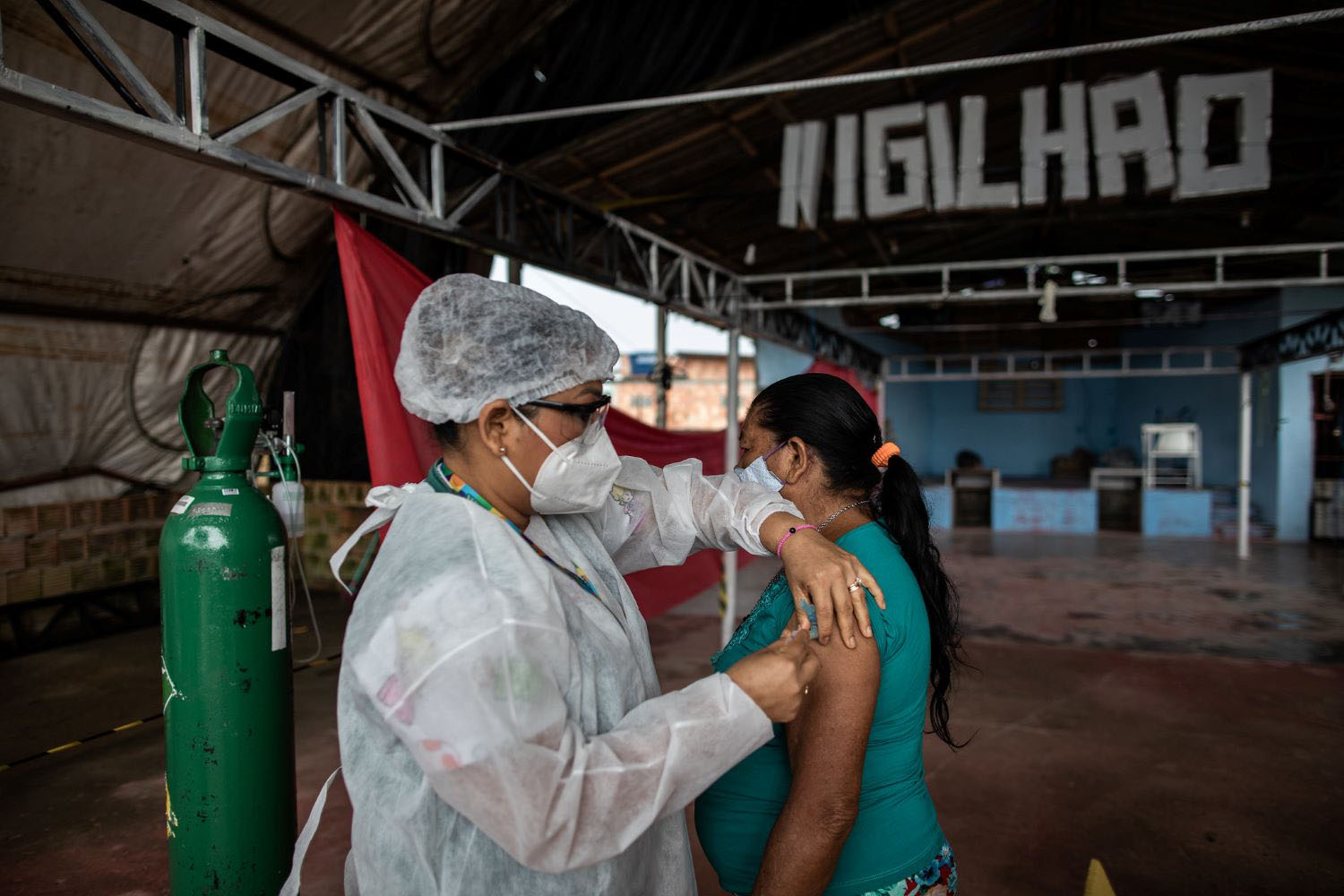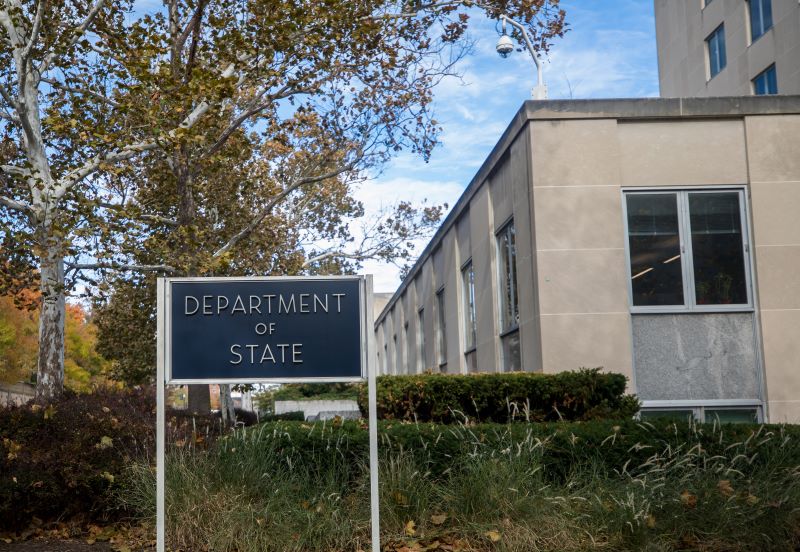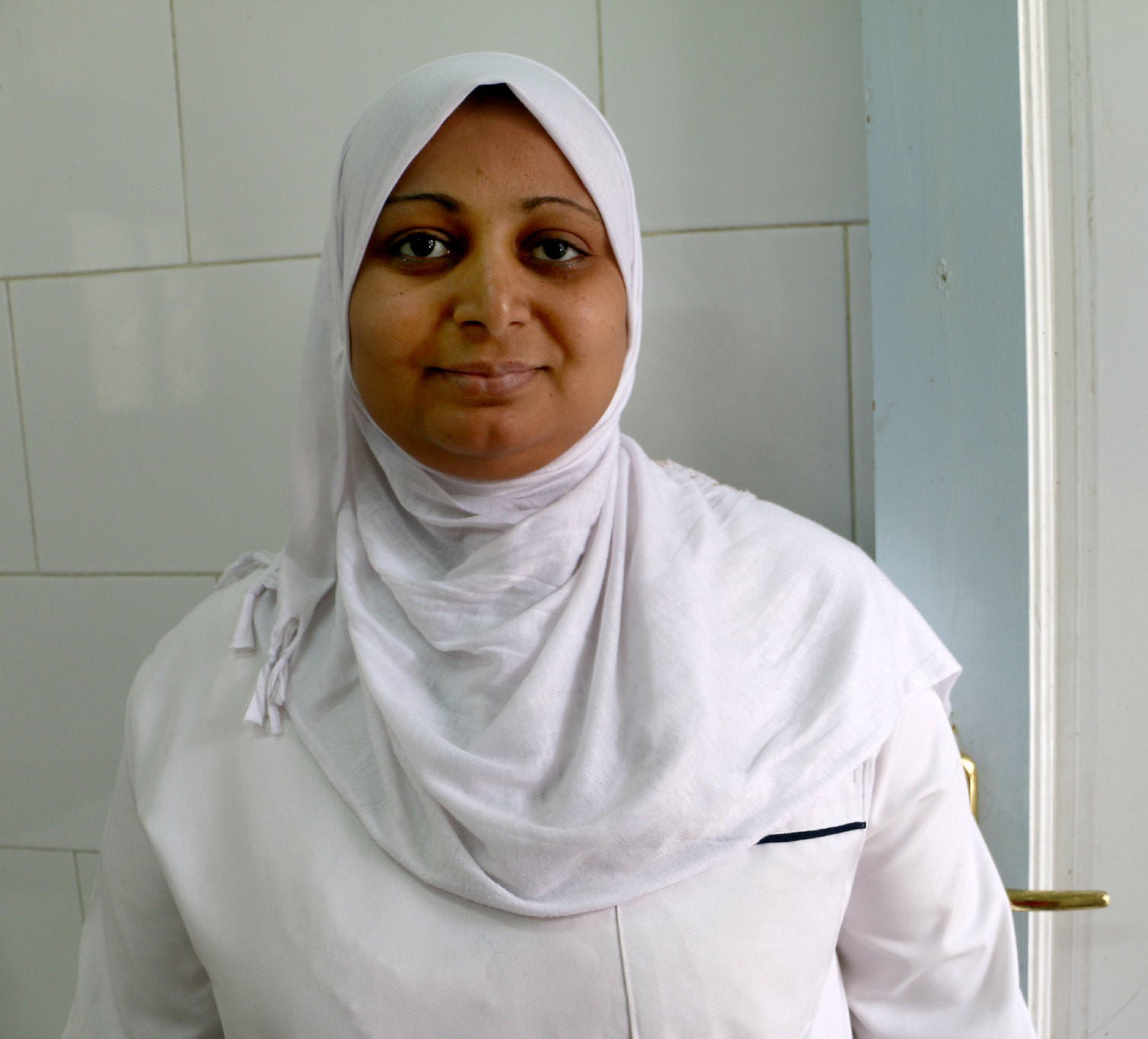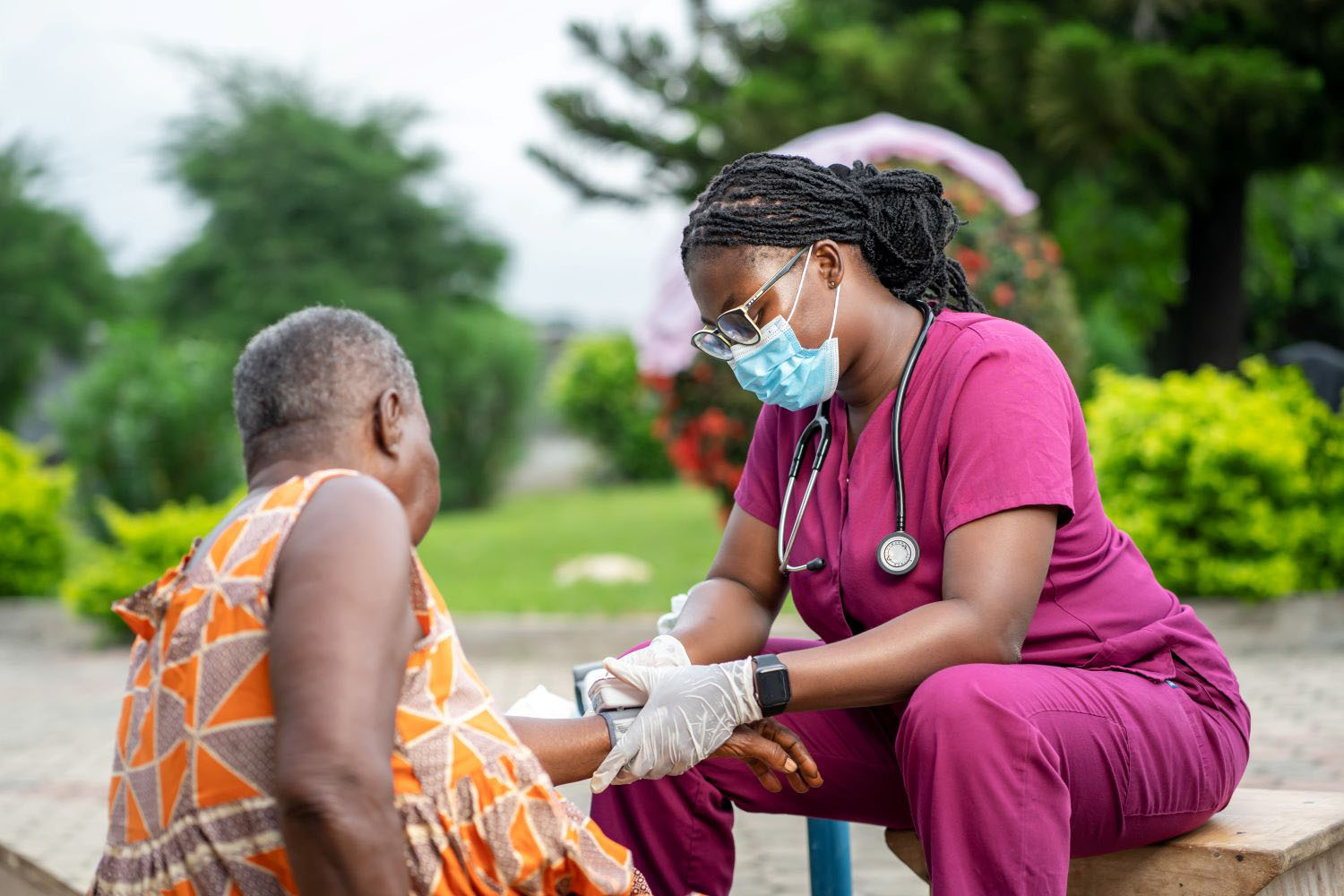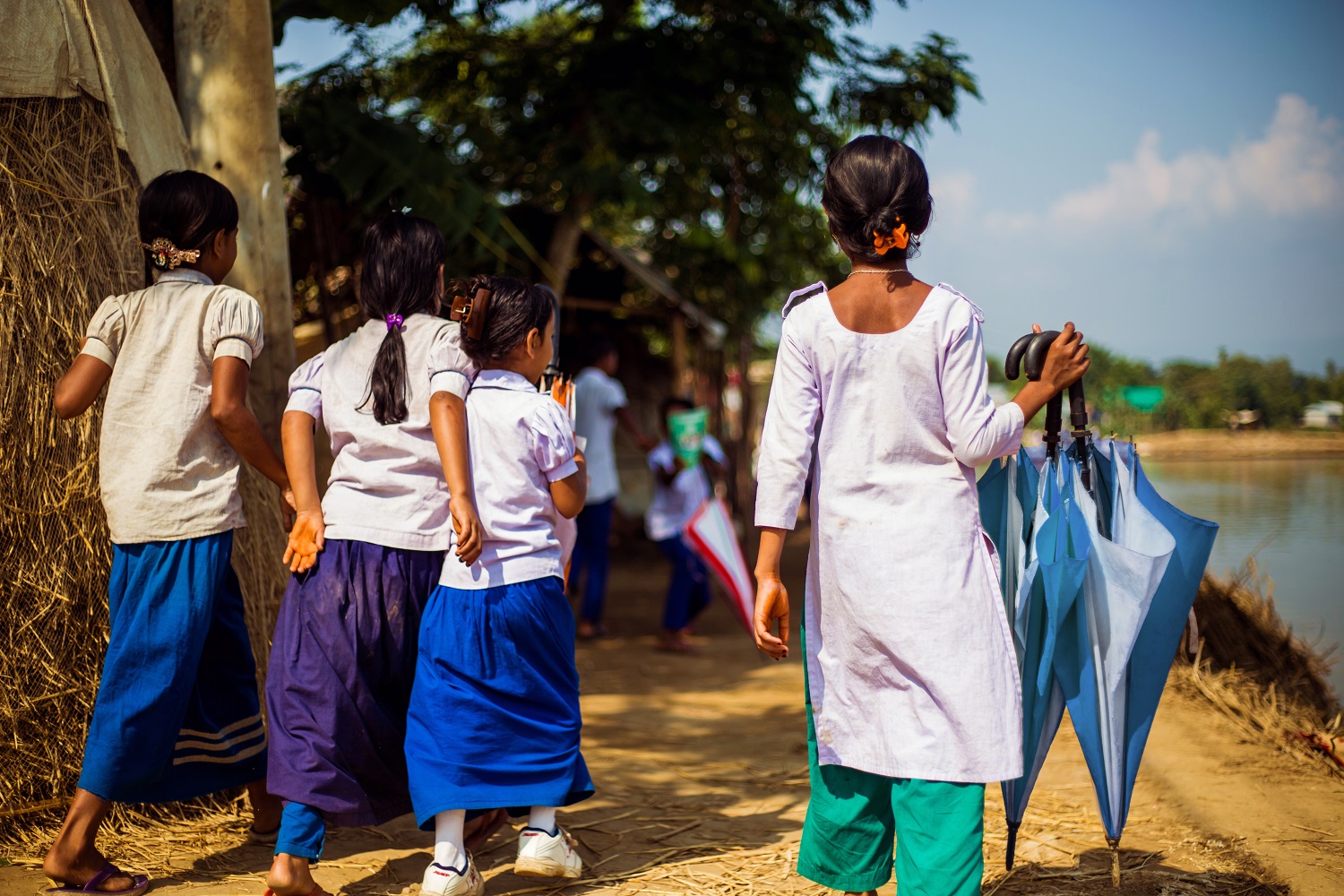Subscribe
Subscribe today to receive CGD’s latest newsletters and topic updates.
All Commentary
Filters:
Topics
Facet Toggle
Content Type
Facet Toggle
Blog Type
Facet Toggle
Time Frame
Facet Toggle
Blog Post
April 16, 2024
Last month The Gambia’s National Assembly advanced a bill that, if ratified, would make it the first country to overturn a ban on female genital mutilation. These moves—supported by the predominantly male legislature—reflect the precarious nature of gains made in gender equality and have implication...
Blog Post
April 02, 2024
Yesterday, the World Health Organization (WHO) published new guidance aiming to support government officials as they negotiate and implement international agreements on health worker mobility. In an era characterized as a “global scramble” for health workers, what does this guidance say and how can ...
Blog Post
March 28, 2024
Researchers who want to influence migration policy often struggle to communicate their research and see their findings translated into action. One potential reason is that many researchers ignore the outsized role of the public. Based on a new CGD Working Paper, this blog explores four key questions...
Blog Post
February 19, 2024
One of the few silver linings from Brexit for the UK has been the increase in non-EU migration. But this has led to renewed concerns about a “brain drain”, the notion that the exodus of skilled workers from poorer countries will leave them unable to meet their own development goals. Yet these concer...
Blog Post
January 23, 2024
Over the coming decades, the world must decarbonise at an unprecedented speed. Yet deploying ‘green’ technologies cannot be done without a sufficiently sized and adequately skilled workforce. New research from the Center for Global Development (CGD) suggests that workforce gaps pose a significant bo...


